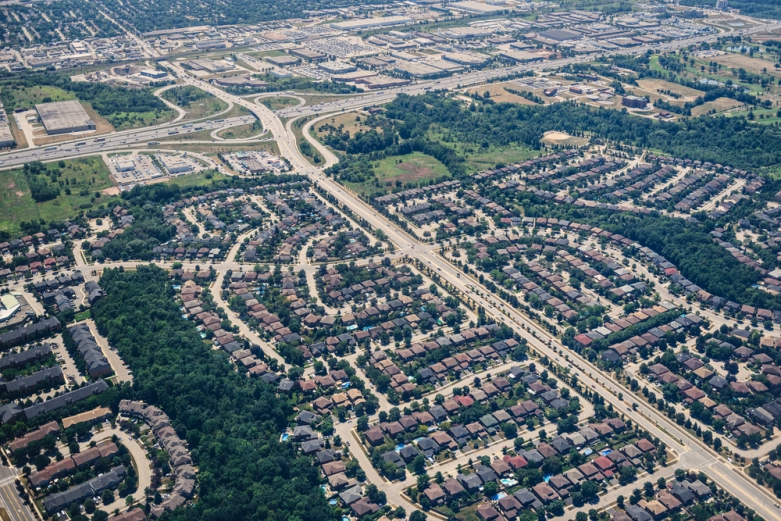Affordable Housing is a Civil Right
Page Media

Envision Transform Build – East Palo Alto, a coalition of community groups, recently announced a groundbreaking partnership with Facebook and the cities of East Palo Alto and Menlo Park to develop innovative solutions to tackle affordable housing, displacement, and economic opportunity in the Bay Area. Working together as equal partners, they will strive to address the acute regional housing crisis. The ACLU, along with Public Advocates and the Law Office of Julian Gross, represented Envision Transform Build in negotiating this community compact. Our contribution reflects an organizational commitment to affordable housing as not just an economic justice issue but also a civil rights issue.
By every statistical measure, income inequality has grown over the last 30 years. In the Bay Area especially, growing income inequality and the limited housing stock has led to a crisis in affordable housing. There are not enough housing units in the region to accommodate low- and middle-wage workers. For example, 20 percent of jobs are low-wage but only 13 percent of rental units are affordable, meaning 30 percent or less of two low-wage workers’ incomes.
People of color bear the brunt of the affordable housing crisis as racial inequities in wages contribute to greater housing burdens for these communities. At nearly every level of educational attainment, people of color have worse economic outcomes than whites. For example, college-educated women of color with a bachelor’s degree or higher earn $14 an hour less than their white male counterparts. And generally, in the Bay Area, people of color are much more likely than white people to spend a large share of their income on housing, whether they rent or own. Unequal access to affordable housing perpetuates historical racial inequities in access to high-performing schools, fresh food, reliable transportation, quality health care, and green recreation spaces.
The community compact between Envision Transform Build and Facebook signifies a critical break from the status quo by creating an equal partnership between those most severely impacted by the affordable housing crisis and public and private entities well-positioned to address the region’s affordable housing crisis. Envision Transform Build East Palo Alto includes Youth United for Community Action, El Comité de Vecinos del Lado Oeste East Palo Alto, Faith in Action Bay Area, and Community Legal Services in East Palo Alto. Members of these groups have themselves been displaced and are experts on their communities’ housing needs. Facebook is a private corporation with the resources and innovative spirit necessary to tackle these complex problems. And through this partnership the cities of East Palo Alto and Menlo Park can work together to create regional solutions.
The community compact will bring $20 million in benefits to low-income families who live in the communities near Facebook’s expanding Menlo Park headquarters. The partnership creates an $18.5 million Catalyst Housing Fund to identify and finance development and preservation of affordable housing in the area, prioritizes funding for development projects including homes affordable to very low and extremely low income families, and includes strong protections to ensure that new development does not displace existing low-income households. It also creates a $500,000 tenant assistance fund to provide legal and rental assistance to low-income tenants threatened with displacement from evictions, unsafe living conditions, or abuse by landlords. A $250,000 contribution to Rebuilding Together Peninsula will be used for rehabilitation, modification, or reconstruction of homes in East Palo Alto and Belle Haven, focusing on low and very low-income residents. And the partnership also includes $625,000 to fund a pipeline training program to bring prospective new employees into jobs at Facebook.
Novella Coleman is a staff attorney with the ACLU of Northern California.
